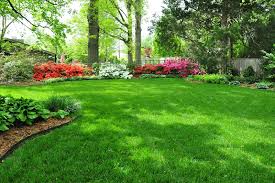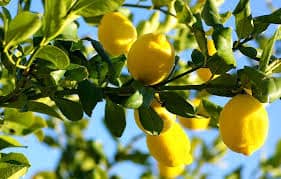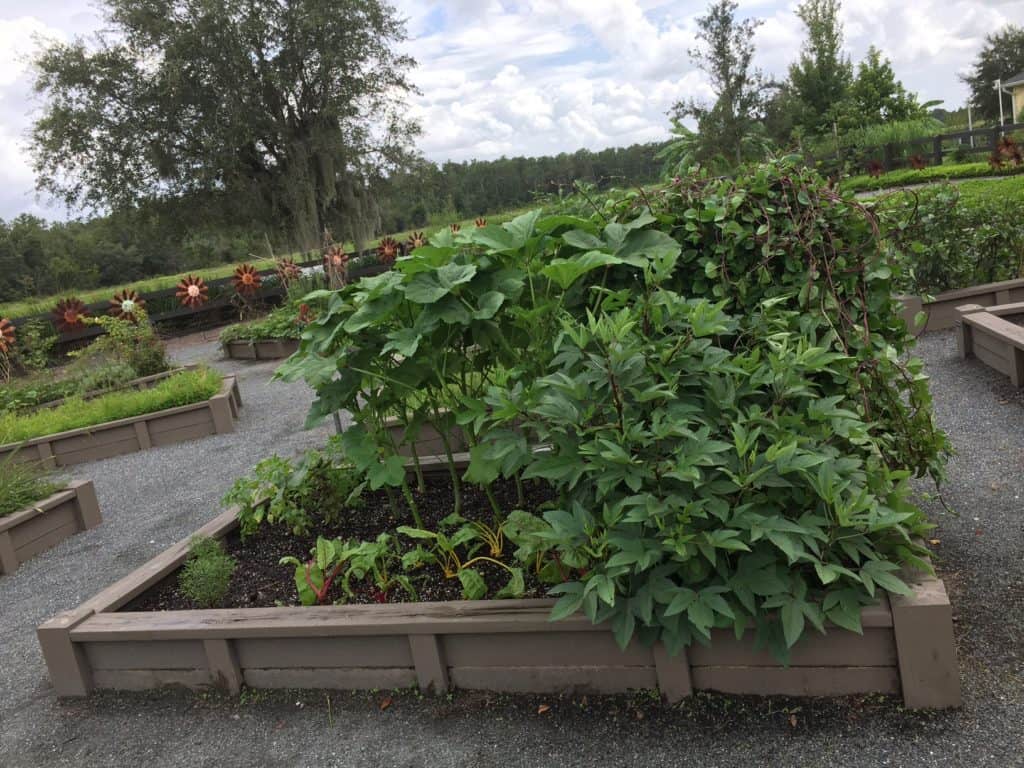Fall is here, and it’s time to set the gardening stage for next year. Now is the time to take a look at your lawn, citrus trees and vegetable gardens to see what’s fresh and green and see what needs some extra love and attention. Fall is the best time to fertilize, so if you act now, your landscape will thank you for it all year long.
Since October is “fertilize everything” month in Central Florida, put together a fertilization plan for the season. It is important to apply fertilizer only when it will not be exposed to extreme heat and subsequently burn grass or plants. Fertilize in the early evening or early morning and always ensure it is watered in according to the instructions on the package.

Lawn: First, identify the type of grass in the yard and select a fertilizer for that grass. The recommended fertilizer has “controlled-release” nitrogen, which will release nitrogen over time for a longer effect. It is tempting if you have weeds to just select a “Weed and Feed” product to cover everything. Beware, in many cases, Weed and Feed might be too harsh for your lawn because you cannot control the rate at which the herbicide is applied to kill the weeds. Only use Weed and Feed if weeds have a uniform cover over the entire yard. Always follow instructions carefully when applying any fertilizer. Over-fertilizing can damage plants and the environment.

Citrus Trees: Has your lemon or lime tree stopped producing like it used to? Well, when is the last time your fertilized it? For new citrus trees, apply fertilizer six times between February and October. The second year five times, third year four times, and three times a year after that. A fertilizer with 8-8-8 (N-P-K) is typically a safe bet. Fertilizer is intended to be spread over the span of the roots, which is comparable to the canopy of the tree. Do not apply fertilizer to the trunk. If you fertilize and are still having issues with fruit production, you can take a soil sample to your local County Extension Office to check the pH of the soil and get any recommendations for adjustments.

Vegetable Garden: Each season, the plants you have grown deplete the soil of nutrients. It is important to amend your vegetable garden soil with a boost of nutrients your plants will need to grow vegetables and to be healthy. An easy way to boost the garden is with organic compost and fertilizer, just like we did in the Laureate Park Community Garden displayed here. I recommend a 60/40 mix of 60% potting mix or soil with 40% compost. This way, the nutrients from the compost are available without providing too much nitrogen to the soil.
It also is important to add some fertilizer to the garden. As most gardeners know, this is a topic that can be challenging. To the point, N-P-K is really important. N is Nitrogen and helps plants grow tall. P is Phosphorous and helps plants produce fruits and vegetables. K is Potassium, and that helps to grow strong roots and prevent disease. Choose a balanced organic fertilizer that has a similar number for N, P and K whenever possible. When using organic fertilizers, like compost, the nitrogen and other nutrients are not always quickly available. Therefore, it is important to use additional fertilizer and not only rely on compost to fertilize the garden. After planting, also remember that fertilizer needs to be applied proactively to the vegetable garden every 4-6 weeks in order to ensure the healthy production of vegetables.
Amber Harmon www.MyNonasGarden.com “We make organic vegetable gardening easy!”



